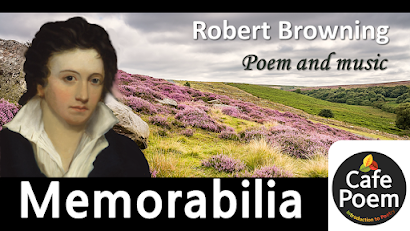Beeny Cliff
I
O the opal and the sapphire of that wandering western sea,
And the woman riding high above with bright hair flapping free–
The woman whom I loved so, and who loyally loved me.
I I
The pale mews plained below us, and the waves seemed far away
In a nether sky, engrossed in saying their ceaseless babbling say,
As we laughed light-heartedly aloft on that clear-sunned March day.
III
A little cloud then cloaked us, and there flew an irised rain,
And the Atlantic dyed its levels with a dull misfeatured stain,
And then the sun burst out again, and purples prinked the main.
IV
—Still in all its chasmal beauty bulks old Beeny to the sky,
And shall she and I not go there once again now March is nigh,
And the sweet things said in that March say anew there by and by?
V
What if still in chasmal beauty looms that wild weird western shore,
The woman now is-elsewhere-whom the ambling pony bore,
And nor knows nor cares for Beeny, and will laugh there nevermore.
Enjoy the poem with soothing music.
poem video👇
Who wrote the poem "Beeny Cliff"?
Thomas Hardy (June 2, 1840 – January 11, 1928)
Thomas Hardy was an English novelist and poet. His father was a stonemason and local builder, and he trained and worked as an architect for ten years before beginning his successful writing career as a novelist in 1871. Later he left fiction writing for poetry and considered himself mainly as a poet. He was a Victorian realist, influenced by Romanticism, and his poetry often deals with cynical observations upon desolation of human condition. He had a strong influence on later poets such as Robert Frost, Dylan Thomas, and Philip Larkin.
"Beeny Cliff" explanation
In the poem, the speaker recalls his
memories of good times of him and his lover, who is no longer with him. Hardy
met his first wife Emma in Cornwell in 1870, fell in love, and married in 1874.
They became estranged, and Emma died in 1912 at the age of 72. Her death had a
traumatic effect on Hardy, and he revisited places related to their
relationship in Cornwell. He wrote this poem in 1913 about their visit to Beeny
cliff in March 1870, when they were still in love, more than 40 years later.







